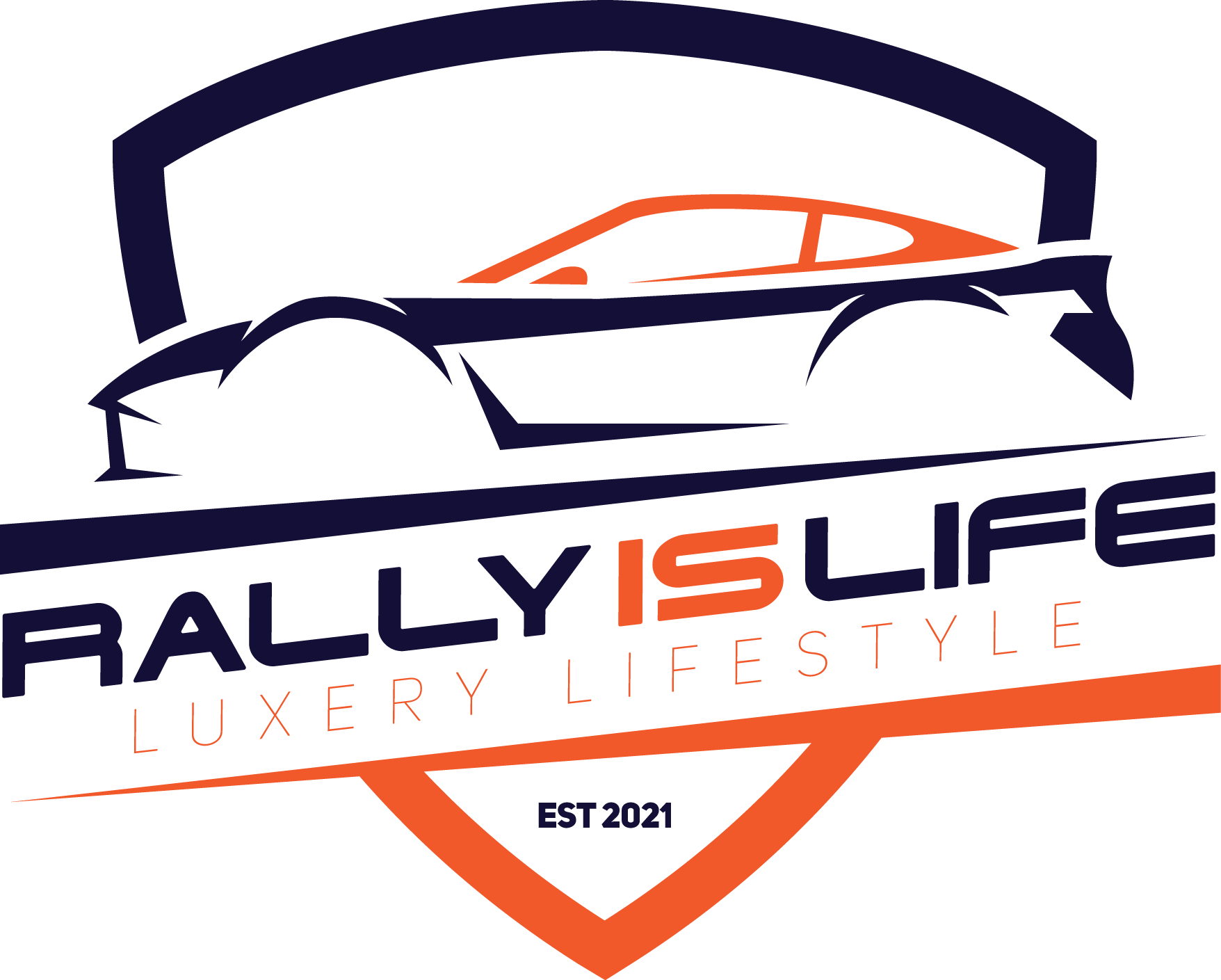Volkswagen Group CEO Herbert Diess confirmed the two premium brands “have decided to enter Formula 1” due to the rising popularity of the championship. “At Porsche, this is already relatively concrete; at Audi, not so much,” said Diess in an interview broadcast by Volkswagen. Porsche is rumored to be exploring a tie-up with Red Bull, while Audi has been linked to other teams, including McLaren, Williams, and Sauber, which runs Alfa Romeo’s entry.
Porsche will end a 30-year absence from the top flight of motor racing, while Audi has never previously competed in F1. Diess said their entry had come about now because “Formula 1 is developing extremely positively worldwide” under the management of Liberty Media.
He pointed to the rising popularity of Formula 1 in the USA, which he attributed to the success of the Netflix series Drive to Survive, and growing interest among younger customer groups in Asia. “If you do motorsport, you should drive Formula 1,” he said. “That’s where the effect is greatest.”
The manufacturers will take advantage of a coming change in the rules to ensure they are in a competitive position when they enter the championship. “You can’t get into Formula 1 unless a technology window opens,” Diess explained. “You need a rule change to get in there.”
F1 plans to replace its current V6 hybrid turbo power unit rules in 2026. It will increase the electrical power generation of the existing engines and introduce synthetic fuels to reduce emissions.
Diess pointed out that if the two manufacturers did not take advantage of this opportunity to enter F1, another might not arise for another ten years. “You need a new engine development, and to make the new engine development, you need three or four years,” he said. The current engine regulations are now in their ninth season.
Porsche and Audi have begun development work on their F1 engines, Diess added. “We assume that in ’26, ’28, it will still be the biggest motorsport spectacle globally, even more so than today. More in China, more in the USA than today and thus also the largest marketing platform for premium vehicles.”



